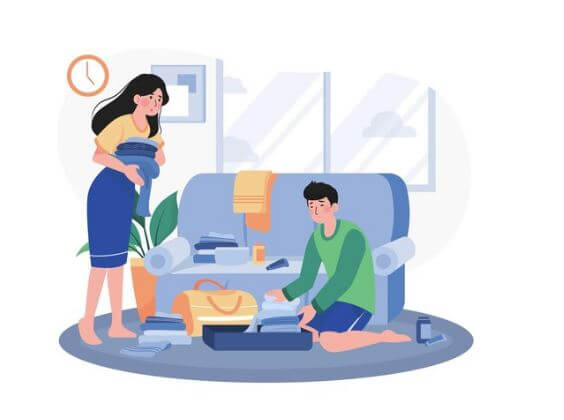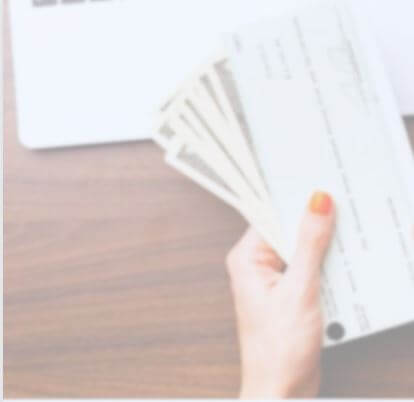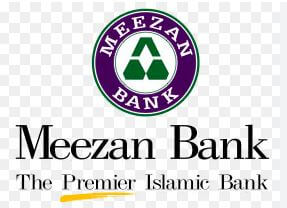Bank account of Housewives and Unemployed, a step empowerment and financial stability.
Opening a bank account is a fundamental step towards financial stability and independence especially for housewives and unemployed individuals, it is an essential process that can offer numerous benefits.
In this article, we will discuss how housewives and unemployed persons can open a bank account, highlighting the importance of doing so and providing practical guidance to make the process smoother.
The Importance of a Bank Account
Let’s first understand why it is socio-economic factors for housewives and unemployed individuals.
Financial Security:
A bank account provides a safe and secure place to store your money. It reduces the risk of theft or loss compared to keeping cash at home.
Easy Payment Transactions:
Having a bank account makes it convenient to pay bills, make online purchases, and handle financial transactions without relying on cash.
Building Credit:
A bank account is often a prerequisite for building a credit history, which is important when applying for loans or credit cards in the future.
Saving and Investment Opportunities:
Banks offer various savings and investment products that can help your money grow over time.
Now, let’s explore how to open a bank account as a housewife or unemployed individual.
Step 1: Research and Choose a Suitable Bank
Start by researching different banks in your area or considering online banks. Look for banks that offer low or no-fee accounts, good customer service, and convenient branch or ATM locations. It’s essential to choose a bank that aligns with your financial needs.
Step 2: Gather Required Documents
Banks have specific documentation requirements for opening an account. As a housewife or unemployed person, you will typically need the following documents. Identification:
i) A valid government-issued photo ID, such as a passport, driver’s license, or state ID card.
ii) Social Security Number (SSN) or Taxpayer Identification Number (TIN): Some banks may require this for tax reporting purposes.
iii) Proof of Address: You may need to provide a utility bill, rental agreement, or a letter from a government agency showing your current address.
iv) Employment or Income Proof: Depending on the bank, you might need to provide proof of income or employment status. Housewives and unemployed individuals can use alternative documents such as a letter from a spouse, proof of government assistance, or a statement of financial support.
v) Initial Deposit: Most banks require an initial deposit to open an account. This amount varies by bank and account type. Look for accounts with low or no minimum deposit requirements.
3: Visit the Bank or Apply Online
Once you have all the required documents and information, you can visit the chosen bank’s branch in person or apply online if they offer this option. If you go to the branch, a bank representative will guide you through the application process. For online applications, follow the instructions on the bank’s website.
Step 4: Choose the Right Account Type
Selecting the appropriate type of account is crucial. Consider a basic checking or savings account with no or minimal fees. Be sure to ask about any special accounts or benefits for specific demographics, such as students or seniors, which might apply to your situation.
Step 5: Review and Sign Documents
Carefully review the account terms and conditions, including any fees, minimum balance requirements, and overdraft policies. If you have any questions, don’t hesitate to ask the bank representative for clarification. Once you are satisfied with the terms, sign the required documents.
Step 6: Access Your Account
After successfully opening your bank account, you will receive account information, such as your account number and a checkbook or debit card. Familiarize yourself with the bank’s online banking services, which can help you manage your account and track your transactions conveniently.
Conclusion
Financial empowerment begins with a simple trip to the bank for housewife or unemployed individual is an important step towards financial stability and independence. It provides security, convenience, and access to various financial services. By following these steps and selecting the right bank and account type for your needs, you can take control of your finances and work towards a brighter financial future.
Read also https://accountsgala.com/sole-proprietor-bank-account-a-defining-factor-of-success/







